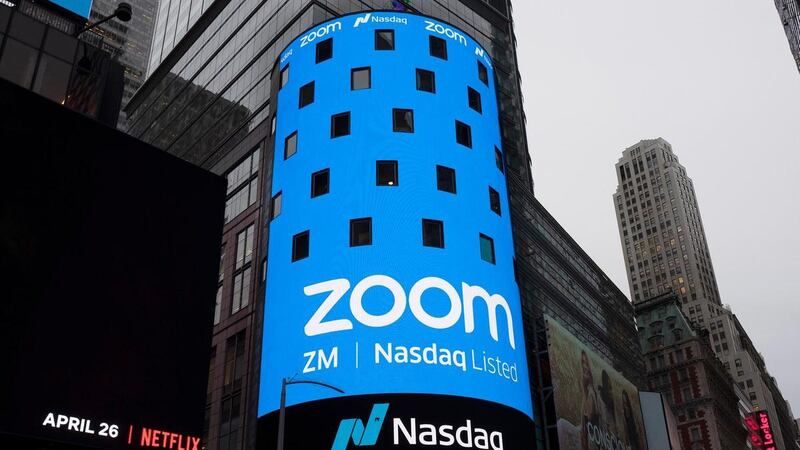Zoom Video Communications, the company which rose in popularity in the wake of the Covid-19 pandemic as people globally worked from home, missed a self-imposed June 30 deadline to publish its first transparency report, detailing the number of government requests it has received for user data.
The company, which has attracted scrutiny from regulators and privacy advocates, said it will release the transparency report later this year but did not provide a specific date.
“We are improving our global policy to respond to these types of requests … we will outline this policy as part of our transparency report, to be published later this year,” the San Jose-based firm said.
Last month, Zoom said it would launch its first transparency report after sparking privacy concerns among users.
“We have made significant progress defining the framework and approach for a transparency report that details information related to requests Zoom receives for data, records or content,” Eric Yuan, founder and chief executive of the firm, said on Wednesday.
“We look forward to providing the fiscal second quarter data in our first report later this year. In the meantime, we have recently created a guide for how we respond to government requests,” he added in his blog, tracking the progress of the company’s 90-day feature freeze to address privacy and security issues.
Announced on April 1, the freeze was imposed after the platform saw a dramatic spike in user numbers as well as privacy and security breaches due to the coronavirus-related restrictions.
“Privacy and security are ongoing priorities for Zoom, and this 90-day period - while fruitful - was just a first step,” Mr Eric said.
Zoom, which has 2,800 employees globally, has seen its users surge as remote working policies were introduced amid the coronavirus pandemic.
In April, the company said the current number of daily participants across its paid and free services surged to 300 million, from about 10 million in December.
The company, which went public in April 2019, said the offices of more than 25 attorney generals in the US had raised questions about privacy issues and it is working with the authorities.
It has taken many other measures to improve security in the past couple of months.








